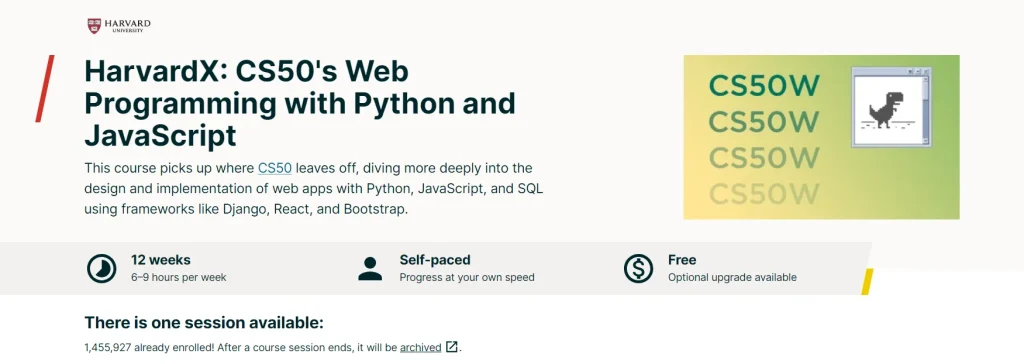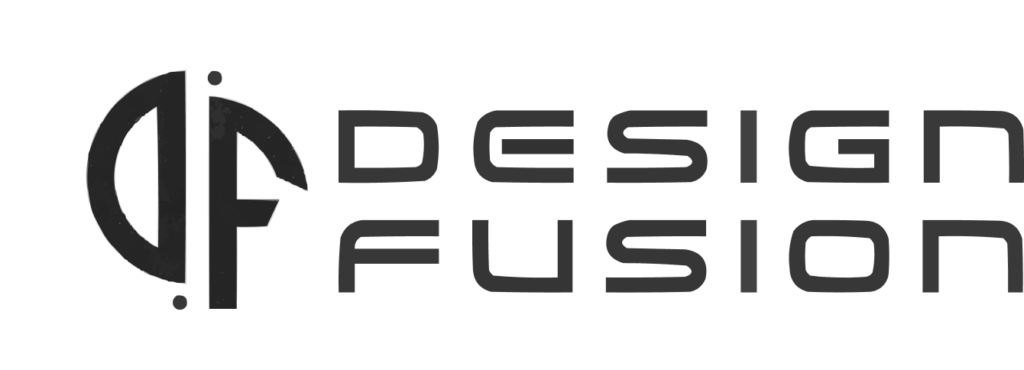Introduction
The digital world is booming, and websites have become an essential part of our daily lives. From shopping to learning, everything can be done online. But have you ever wondered how these websites are created? That’s where web development comes in! If you’re interested in building websites and want to learn more, web development courses are a great place to start. In this blog, we’ll explore what web development is, the different types of web development courses available, and how to choose the right one for you.
What is Web Development?
Web development involves creating and maintaining websites. It includes everything from designing the layout and features of a website to making sure it runs smoothly and is secure. Web development can be divided into three main areas:
- Front-End Development: This is what users see and interact with on a website. It involves working with languages like HTML, CSS, and JavaScript to create the visual elements and user interface.
- Back-End Development: This is the behind-the-scenes part of a website. It involves working with servers, databases, and application logic. Common languages for back-end development include Python, Ruby, PHP, and JavaScript (Node.js).
- Full-Stack Development: This involves both front-end and back-end development. Full-stack developers have the skills to build complete websites and web applications from start to finish.
Types of Web Development Courses
There are various types of web development courses available, catering to different skill levels and interests. Here are some common types:
- Beginner Courses: These courses are perfect for those who have no prior experience in web development. They cover the basics of HTML, CSS, and JavaScript and provide a solid foundation for further learning.
- Intermediate Courses: These are for those who have some basic knowledge of web development and want to expand their skills. They often cover more advanced topics like responsive design, JavaScript frameworks (e.g., React, Angular, Vue), and back-end development.
- Advanced Courses: These courses are for experienced developers looking to deepen their knowledge or learn new technologies. They might cover topics like full-stack development, web performance optimization, security, and advanced frameworks.
- Specialized Courses: These focus on specific areas of web development, such as mobile web development, e-commerce development, or web accessibility. They are great for those who want to specialize in a particular niche.
How to Choose the Right Web Development Course
With so many courses available, choosing the right one can be overwhelming. Here are some tips to help you make the best choice:
- Define Your Goals: What do you want to achieve with the course? Are you looking to start a new career, enhance your current skills, or just learn for fun? Knowing your goals will help you narrow down your options.
- Check the Curriculum: Look at the topics covered in the course. Does it align with your goals? Make sure it includes both theoretical knowledge and practical projects to help you apply what you learn.
- Consider the Format: Courses can be offered in various formats, including online, in-person, part-time, or full-time. Choose a format that fits your schedule and learning style.
- Read Reviews: Check reviews from other students to get an idea of the course quality and the instructor’s teaching style. Websites like Coursera, Udemy, and LinkedIn Learning often have reviews from past students.
- Look for Certifications: Some courses offer certifications upon completion, which can be a great addition to your resume. However, make sure the certification is recognised and valued in the industry.
Popular Platforms for Web Development Courses
There are many platforms where you can find web development courses. Here are a few popular ones:
- YouTube: It is one of the best platforms to learn anything in free.
- Coursera: Offers courses from top universities and companies. Many courses are free to audit, with an option to pay for a certificate.
- Udemy: Has a vast library of courses on various topics, including web development. Courses often go on sale, making them affordable.
- Codecademy: Focuses on interactive learning with hands-on coding exercises. They offer a wide range of courses for beginners to advanced learners.
- FreeCodeCamp: A non-profit organization that offers free coding lessons and projects. It’s a great resource for those on a budget.
- edX: Similar to Coursera, edX offers courses from universities and institutions around the world. Many courses are free to audit.
Here are the best 7 web development courses you can start to become a web developer.
1. The Web Developer Bootcamp by Colt Steele (Udemy)

Overview: This comprehensive course is designed for beginners and covers everything from HTML and CSS to JavaScript and Node.js. It also includes hands-on projects to apply what you’ve learned. This is one course that you can go for the web developer journey.
What You’ll Learn:
- HTML, CSS, JavaScript
- Node.js, Express, MongoDB
- Authentication and authorisation
- Deploying applications
Why It’s Great:
- Comprehensive and beginner-friendly
- Hands-on projects
- Regularly updated content
2. CS50's Web Programming with Python and JavaScript by Harvard University (edX)

Overview: This intermediate course dives into web development using Python and JavaScript. It covers front-end and back-end development, databases, and more.
What You’ll Learn:
- HTML, CSS, JavaScript
- Django framework for Python
- SQL, Git, and scalability
- Security and user authentication
Why It’s Great:
- Taught by Harvard instructors
- In-depth and rigorous
- Real-world projects and assignments
3. The Complete JavaScript Course 2023: From Zero to Expert by Jonas Schmedtmann (Udemy)

Overview: This course focuses solely on JavaScript, taking you from beginner to advanced levels. It includes modern JavaScript ES6+ features and several projects to enhance your learning.
What You’ll Learn:
- Modern JavaScript ES6+
- Asynchronous JavaScript: Promises, async/await
- Object-oriented programming
- Real-world projects like building a map application
Why It’s Great:
- Deep dive into JavaScript
- Comprehensive and well-structured
- Project-based learning
4. Responsive Web Design Certification by freeCodeCamp

Overview: This free course is perfect for beginners and covers the basics of web development with a focus on responsive design. It includes interactive coding challenges and projects.
What You’ll Learn:
- HTML, CSS
- Responsive Web Design Principles
- Flexbox, CSS Grid
- Building responsive web projects
Why It’s Great:
- Completely free
- Hands-on coding challenges
- Certification upon completion
5. JavaScript - The Complete Guide 2023 (Beginner + Advanced) by Maximilian Schwarzmüller (Udemy)

Overview: This course covers JavaScript from basic to advanced levels, including modern JavaScript features, DOM manipulation, and working with APIs. It’s ideal for those who want to master JavaScript.
What You’ll Learn:
- Core JavaScript concepts
- Advanced JavaScript features (ES6+)
- Working with APIs, AJAX, Fetch API
- Building real-world projects
Why It’s Great:
- Comprehensive coverage of JavaScript
- Detailed explanations and examples
- Project-based approach
6. The Complete 2023 Web Development Bootcamp by Angela Yu (Udemy)

Overview: This full-stack course is designed for beginners and covers a wide range of topics, including HTML, CSS, JavaScript, Node.js, and databases. It’s packed with practical projects and exercises.
What You’ll Learn:
- HTML, CSS, JavaScript
- Node.js, Express, MongoDB
- APIs, Git, and GitHub
- Building and deploying full-stack applications
Why It’s Great:
- Comprehensive and beginner-friendly
- Lots of practical projects
- Engaging teaching style
7. Web Development | World's most premium Web Development Course (YouTube)
Overview: This is a free youtube course of web development. You can learn Html java and css using animation and images and live examples. One of the best free courses to start up the developer journey.
What You’ll Learn:
- HTML, CSS, JavaScript
- Web Pages Designing
- Wireframing
Why It’s Great:
- Comprehensive and beginner-friendly
- Animated Video
- Engaging teaching style
Conclusion:
Learning web development can open up many opportunities, whether you’re looking to start a new career, enhance your skills, or simply explore a new hobby. With the wide range of web development courses available, there’s something for everyone, regardless of your skill level or interests. Take the time to research and choose a course that aligns with your goals, and soon you’ll be on your way to becoming a proficient web developer. Happy coding!


